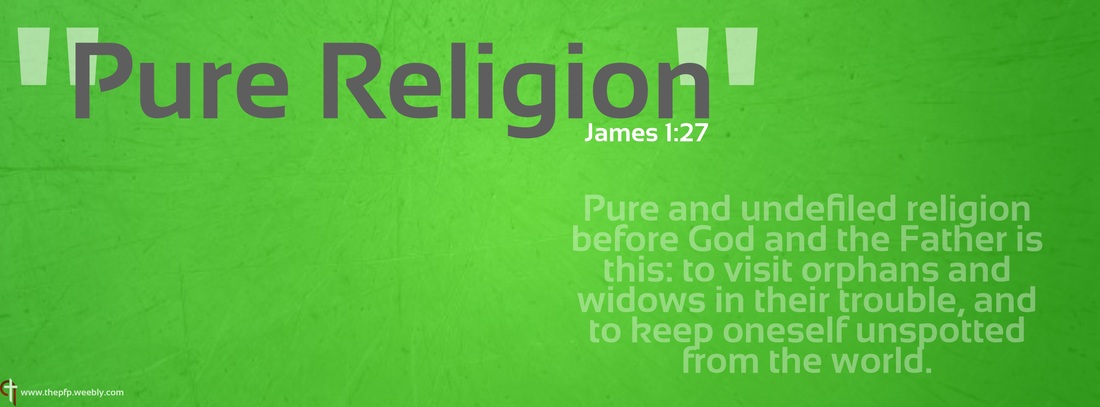However, there is a word in that passage of inspired Scripture that seems to be overlooked on a daily basis. It's the word "hastening". Now, to some that word gives the idea of causing to speed up, but we understand there is no Biblical precedent on how a Christian can do anything to speed up or slow down the coming of Christ. No, the word means an earnest desire, a hope.
Do we honestly, sincerely and reverently hope that Christ will return sooner rather than later? There is a song which some sing called, "Jesus is Coming Soon" in which the singers say that Jesus is, in fact, coming soon. The problem with the song does not arise from that idea, per say, but that the second verse is very premillennial and cannot be sung in accordance with God's will (check out this article for more insight).
That being said, do we earnestly desire and expect Jesus to return to gather us for the Judgement?
I'm afraid that if we don't, we are in danger of being caught off guard and ill-prepared for that Day!
| The apostle John understood this fact when in writing his Revelation he made the profound statement, showing his desire to see Jesus again, "Even so, come, Lord Jesus (Revelation 22:20)." Now, mind you that was on the heels of saying that anyone who understands and preaches the Revelation will see that Christ is going to return for Christians since He is with them through the terrible persecution under the Roman Empire of which the book prophecies in detail (cf. Revelation 1:1). | "The fact that the Lord of Glory will descend from heaven in order to receive His children back to Him to take them to their eternal rest is awe-inspiring to say the least." |
I once heard a brother end his prayer with something to the effect of, "Please, Lord, bring the Judgment soon so that we can be with you!" When he said that, I have to admit that I was somewhat uneasy praying that but upon further meditation I'm convinced that is exactly how we ought to be thinking today.
Let's face it, our world is a sinful place filled with ungodliness and Satan is well-loved. It is a place in which Christ and His church is the source of derision and even hate. It's a place where the individual can find salvation and encouragement through the Word of God and yet many would have that Word thrown into the nearest dumpster at a moment's notice. I don't know about you, but I hope Jesus comes soon! If not just to get out of this world and live in a place where righteousness reigns.
So, if you have the understanding that Christ will return to bring Judgment on the world and take the faithful to heaven eternal, tell someone about it because at the same time you are to be hoping that it happens very quickly and you just might not have time to tell other people.
"Even so, come, Lord Jesus!"












 RSS Feed
RSS Feed
